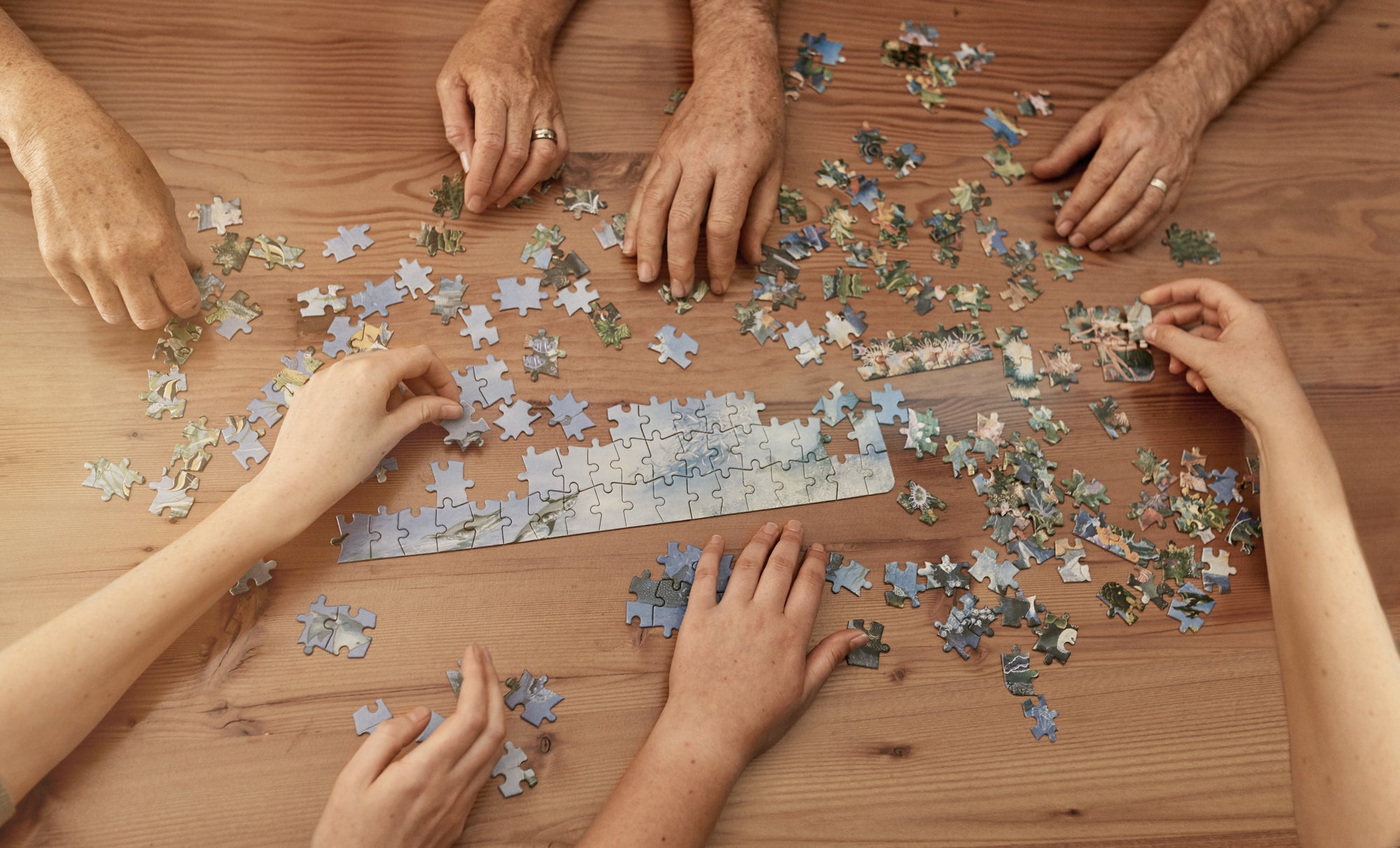
The Enduring Appeal of Puzzles: A Comprehensive Guide to This Engaging Hobby
The Enduring Appeal of Puzzles: A Comprehensive Guide to This Engaging Hobby
Puzzles have captivated minds for centuries, offering a unique blend of challenge, entertainment, and satisfaction. From classic jigsaw puzzles to intricate crosswords and mind-bending logic games, the world of puzzles offers something for everyone. This comprehensive guide delves into the diverse world of puzzles, exploring their history, benefits, different types, and tips for choosing the right puzzle for you.
The History of Puzzles
The origins of puzzles can be traced back to ancient times. Archaeological evidence suggests that early civilizations engaged in various forms of puzzle-solving, from ancient Egyptian hieroglyphics to Roman mosaic art. The first documented jigsaw puzzle emerged in the 18th century, when a British mapmaker named John Spilsbury created a map of the world cut into pieces for educational purposes.
Benefits of Puzzle-Solving
Engaging in puzzles offers numerous cognitive and psychological benefits:
- Enhanced Cognitive Abilities: Puzzles stimulate brain activity, improving memory, focus, and problem-solving skills.
- Reduced Stress and Anxiety: The act of focusing on a puzzle can provide a calming and therapeutic experience, diverting the mind from worries and anxieties.
- Improved Spatial Reasoning: Puzzles like jigsaw puzzles and tangrams help develop spatial reasoning abilities, which are essential for tasks like navigation and design.
- Boosted Creativity: Puzzles often require lateral thinking and innovative approaches, stimulating creativity and out-of-the-box thinking.
- Social Bonding: Puzzles can be a fun and engaging activity to enjoy with friends and family, fostering social interaction and shared experiences.
Types of Puzzles
The world of puzzles is incredibly diverse, encompassing a wide range of categories:
Classic Puzzles
- Jigsaw Puzzles: These iconic puzzles consist of interlocking pieces that must be assembled to create a complete image. Jigsaw puzzles come in various sizes, complexities, and themes.
- Crossword Puzzles: A popular word game that involves filling in a grid with words that satisfy clues.
- Sudoku: A number puzzle that requires filling a 9x9 grid with digits 1 to 9, following specific rules.
- Tangrams: A geometric puzzle involving seven flat shapes that can be arranged to form various silhouettes.
Logic Puzzles
- Logic Grids: Puzzles that involve solving a series of clues using a grid system.
- Riddle Games: Puzzles that present a riddle or question that needs to be solved using logic and lateral thinking.
Mechanical Puzzles
- Rubik's Cube: A classic mechanical puzzle involving rotating colored squares to form a solid color on each face.
- Lock Puzzles: Puzzles that require unlocking a mechanism using a combination of keys, levers, or other components.
Choosing the Right Puzzle
When selecting a puzzle, consider the following factors:
- Skill Level: Choose a puzzle that aligns with your current skill level. Start with easier puzzles and gradually work your way up to more challenging ones.
- Interests: Select a puzzle that aligns with your interests and passions. Whether it's a specific theme, subject, or genre, find something that excites you.
- Time Commitment: Consider how much time you are willing to dedicate to completing the puzzle. Some puzzles can be finished quickly, while others may take hours or even days.
- Puzzle Size: Consider the available space you have for assembling the puzzle. Large jigsaw puzzles require significant space.
Conclusion
Puzzles are an excellent way to stimulate your mind, relieve stress, and have fun. From classic jigsaw puzzles to intricate logic games, the world of puzzles offers endless possibilities for challenge, entertainment, and personal growth. So, pick a puzzle that appeals to you and embark on an engaging and rewarding journey of problem-solving and discovery.

